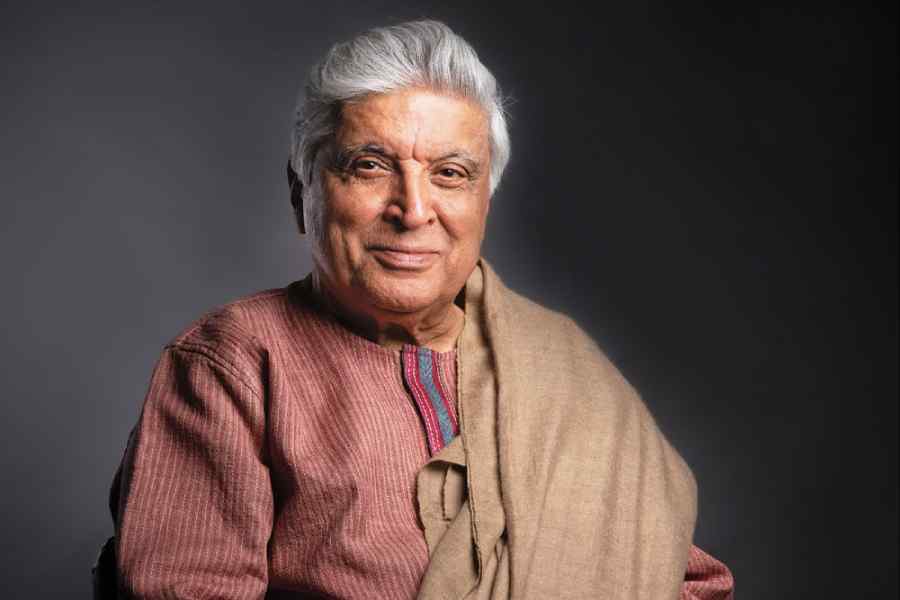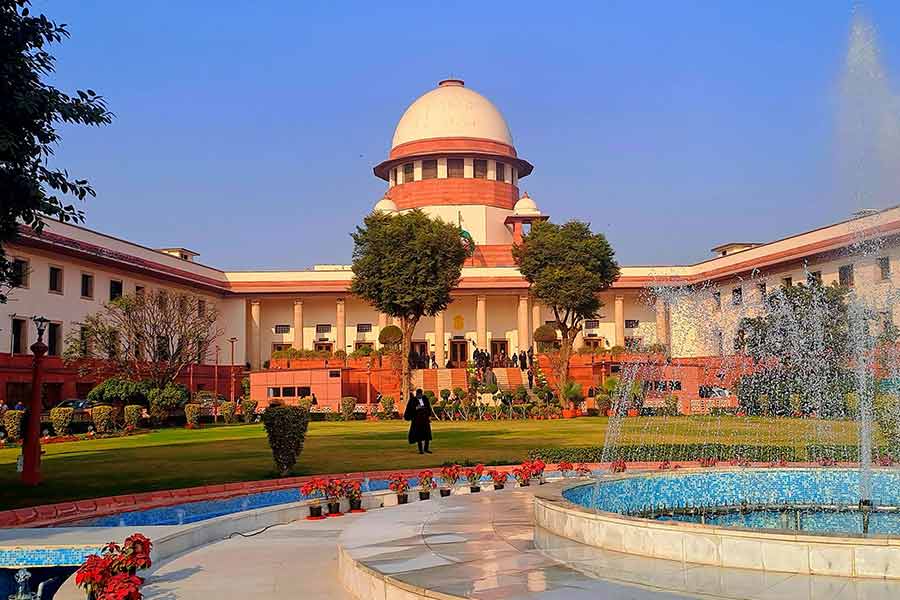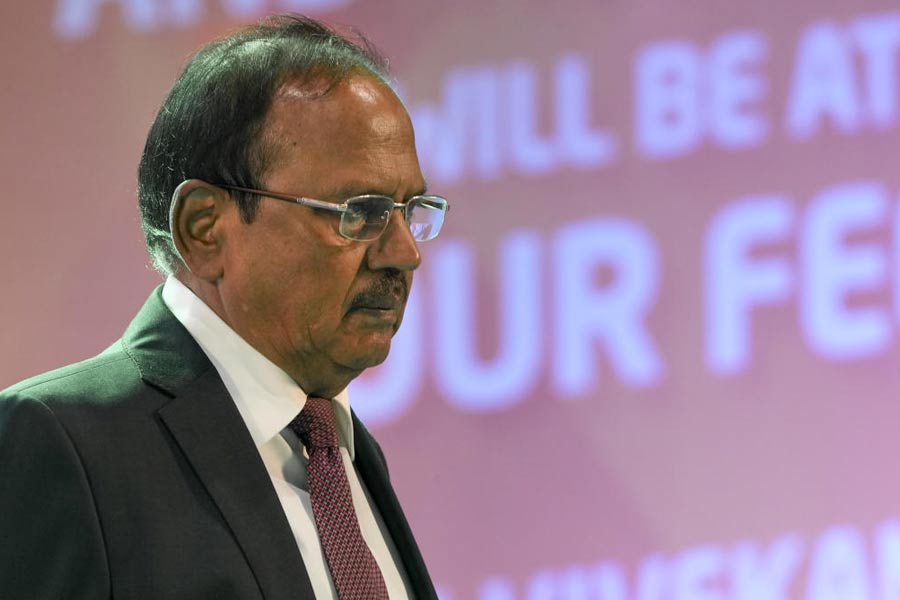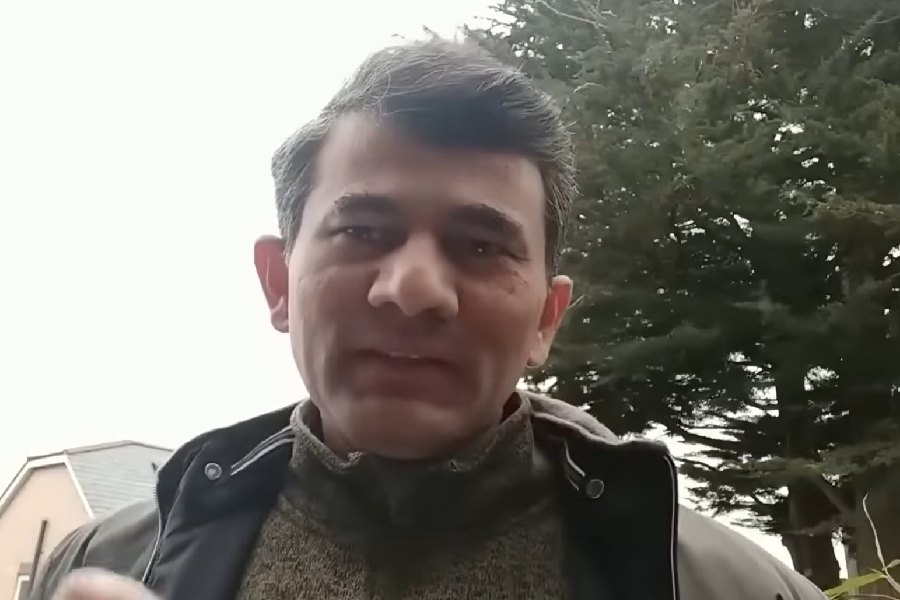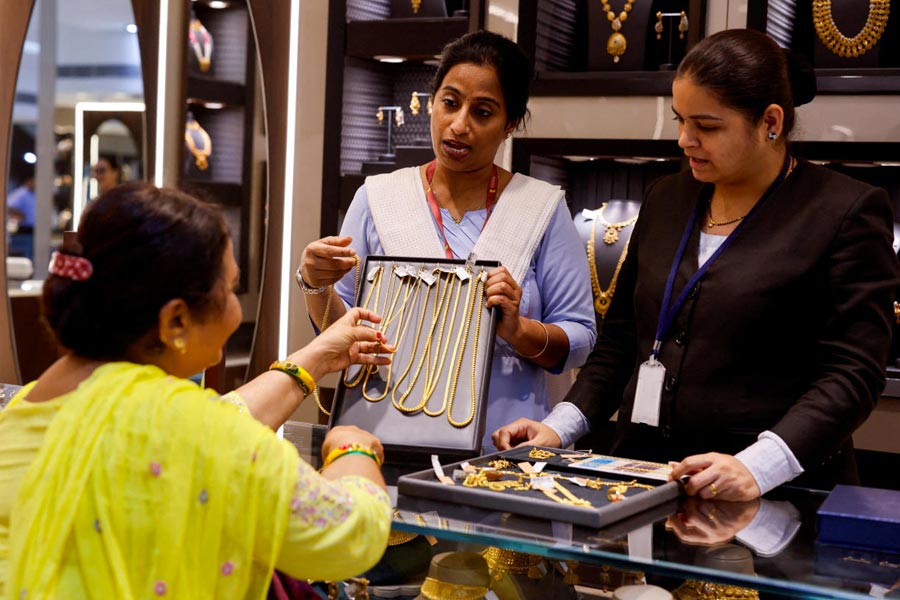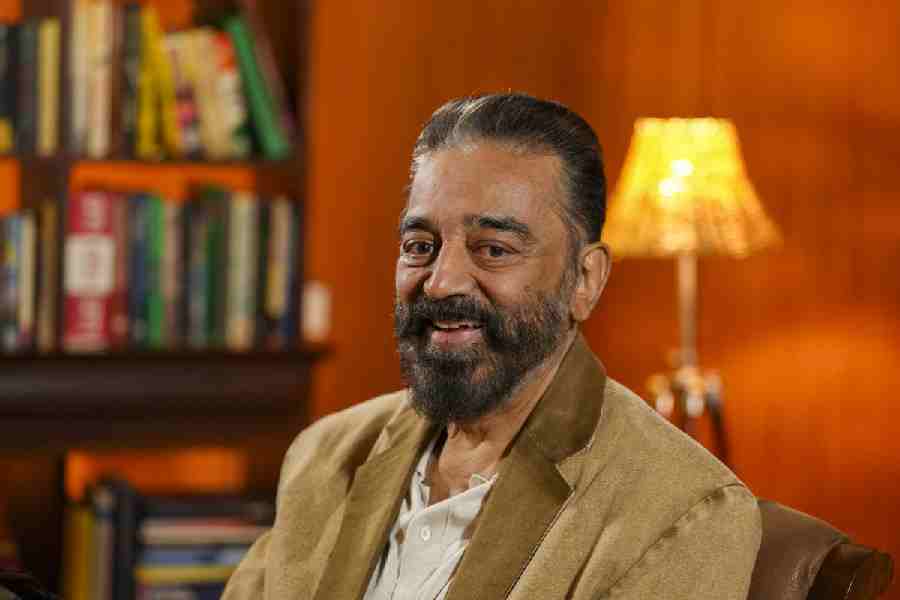Veteran screenwriter and lyricist Javed Akhtar has criticised what he called the hypocrisy of India’s film regulatory system, saying movies that hold up a mirror to society face resistance, while those loaded with vulgarity sail through with ease.
Speaking at the inaugural session of the Anantrang Mental Health Cultural Festival on Friday, Akhtar said it was not filmmakers but audiences who shaped cinematic trends.
“In this country, vulgarity will still be passed by the censor boards. They do not know these are wrong values — a male chauvinistic view that humiliates women. But what won’t be passed is something that shows the mirror to society,” Akhtar said.
“A film is a window into society. You may close the window, but closing it won’t change what’s happening outside,” he remarked.
On the growing popularity of hyper-masculine portrayals in cinema, Akhtar linked the trend to the “mental health of men”, suggesting that audiences’ approval fuels such narratives.
“If the mental health of men becomes better, such films won’t be made — and even if they are, they won’t work. It is a bad audience that makes a bad film successful,” he added.
Akhtar also lamented the rise of “vulgar” songs. “In the 80s, many songs had double meanings, but I never wrote such lyrics. What saddens me is not that those songs were made, but that they became superhits,” he said.
“Society is responsible,” he added. “Cinema is only a manifestation.”
Akhtar also praised Mohit Suri’s recent romantic drama Saiyaara, featuring newcomers Ahaan Panday and Aneet Padda, for its “stillness” and “old-world charm”.
“Today, music has become so frantic that percussion overpowers the voice. Saiyaara may not be perfect, but it offers some shade in this ruthless sunlight,” he said.
Addressing a question about the impact of sad songs and poetry on mental health, Akhtar said acknowledging sorrow was essential. “It isn’t good to disown sadness; otherwise, it will hit you elsewhere. Earlier, films had one or two sad songs, but now they’re gone because ‘humare ache din aa gaye hai’. Denial is unhealthy — if you are sad, you cry,” he quipped.

